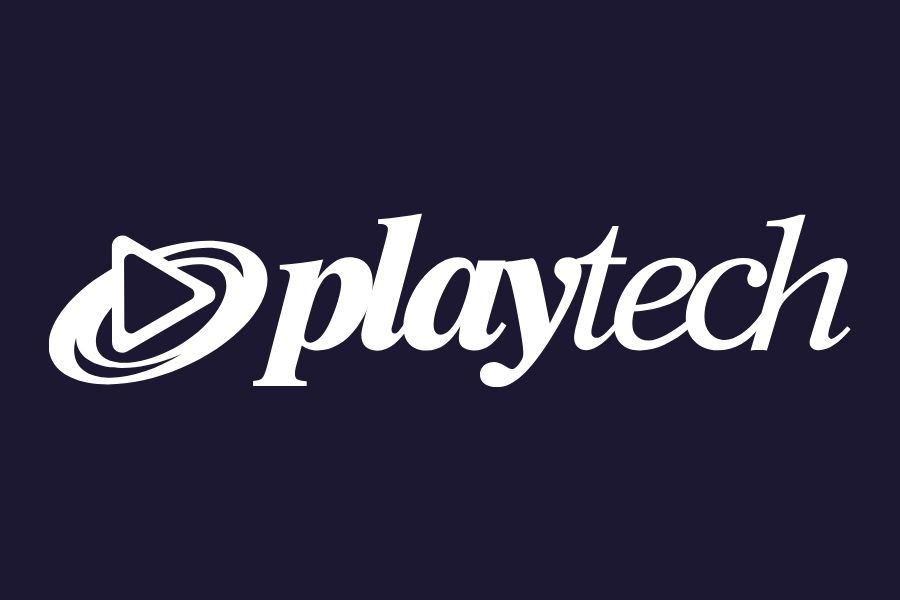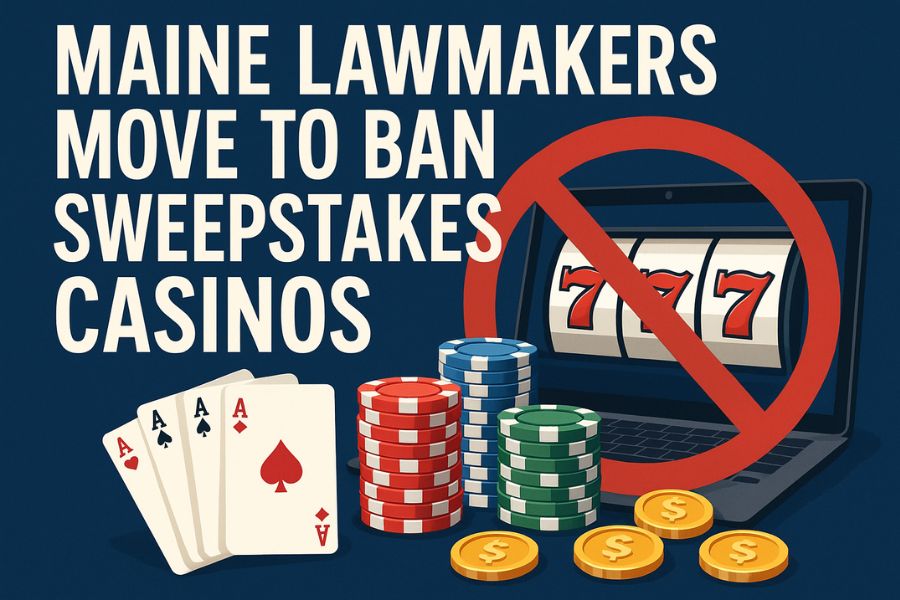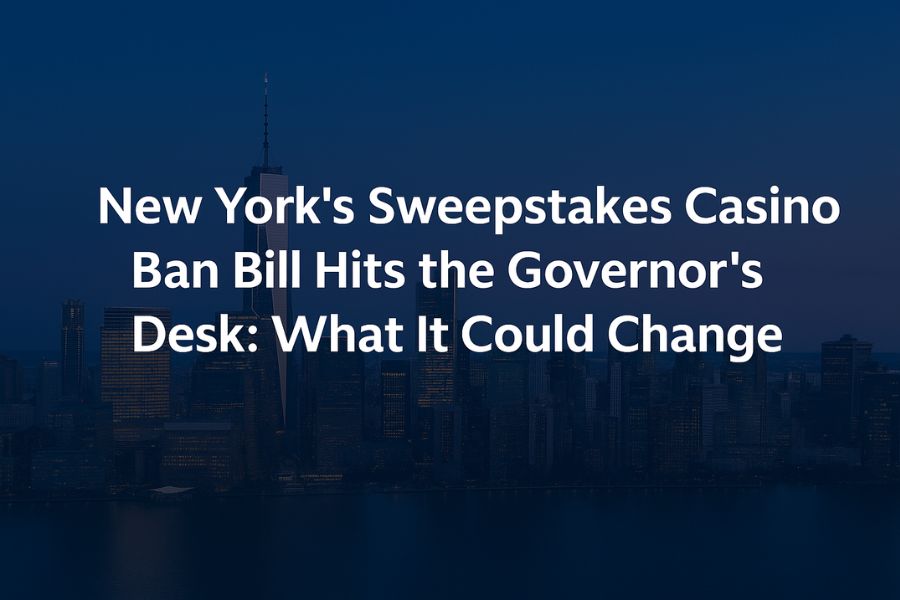Playtech has been accused of funding a covert Black Cube investigation that led to a 2021 report attacking rival Evolution. Court records and new reporting suggest Playtech paid roughly £1.8 million for the work, which included secret recordings and claims that Evolution’s games appeared in banned markets.
Evolution denies wrongdoing and says regulators later found the report lacked merit. The company now plans to add Playtech as a defendant in its ongoing lawsuit.
How We Got Here
In late 2021, a New Jersey law firm filed a complaint built around a Black Cube dossier that accused Evolution of allowing its products to reach restricted countries. The complaint triggered headlines, investor unease, and a multi-year legal fight.
Evolution pushed back, saying it’s a B2B supplier and that licensed operators—not game providers—manage KYC and player access. Regulators in New Jersey later said they found no evidence that Evolution approved or benefited from illegal access, and they closed the probe after some compliance updates.
This month, coverage from industry outlets reported that discovery in court proceedings traced the 2021 operation back to Playtech. The reporting describes alleged tactics such as undercover approaches, staged investor personas, and paid conversations with ex-staff to craft a harmful narrative.
Playtech has said it hired an independent research firm to examine credible concerns—while Evolution calls the effort a smear and says it suffered market damage.
Following the revelations, reports noted a sharp stock drop for Playtech and fresh legal exposure as Evolution moves to name it in the case.
Why It Matters for U.S. Sweepstakes Casinos
For U.S. readers, the fight between two European suppliers may sound distant, but it touches the growing sweepstakes casino niche many Americans use.
Content suppliers’ reputations influence which studio catalogs appear on social-casino style platforms—and how regulators and platforms view those catalogs. If a supplier faces allegations tied to clandestine intelligence work, even if disputed, platforms may pause or re-check content pipelines to avoid splash damage.
One practical ripple: reports indicate Playtech recently pulled back from supplying games to sweepstakes operators in California, amid wider pressure on the legality of sweeps casinos. That sits alongside other supplier moves to limit exposure in gray areas after lawsuits and city actions against some sweepstakes brands.
While every company’s risk calculus is different, the message is clear: the U.S. “no-purchase-necessary” social casino space is tightening. Partners will ask harder questions about compliance, data trails, and how content distribution works across states.
This story isn’t only about two rivals. It’s about how evidence-gathering, PR battles, and legal filings can shape which games reach U.S. players—and how fast the market can turn when investigations bring hidden tactics to light.
Expect more document requests, vendor diligence, and slower onboarding as platforms weigh the legal baggage that may come with certain suppliers.




